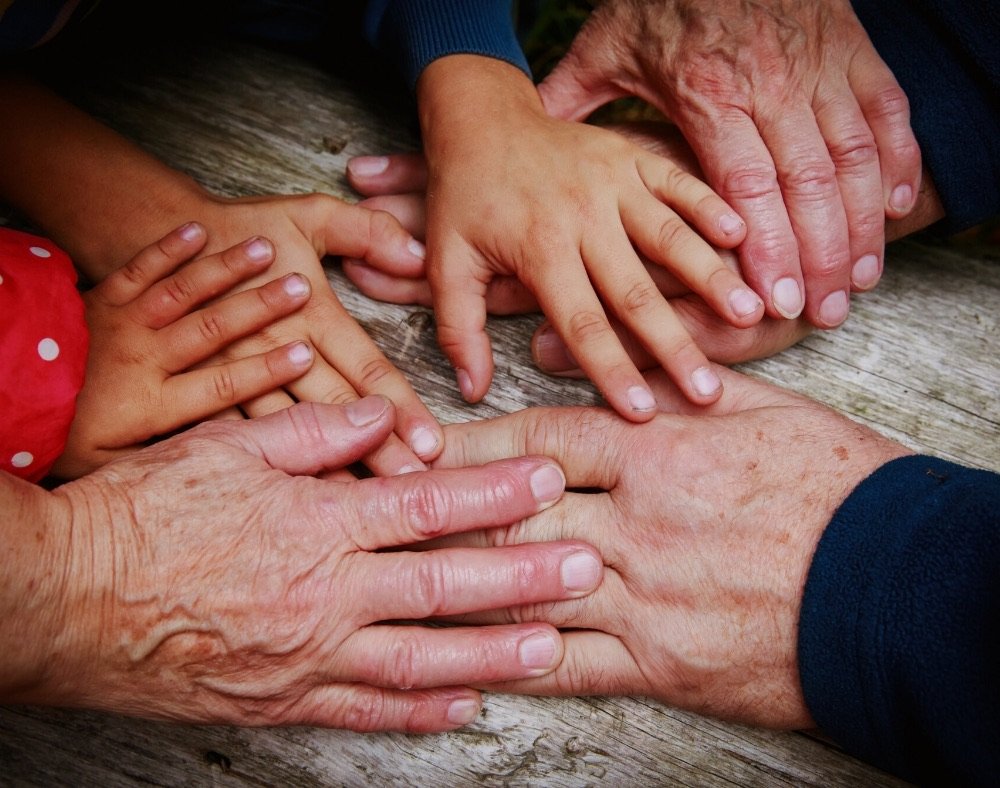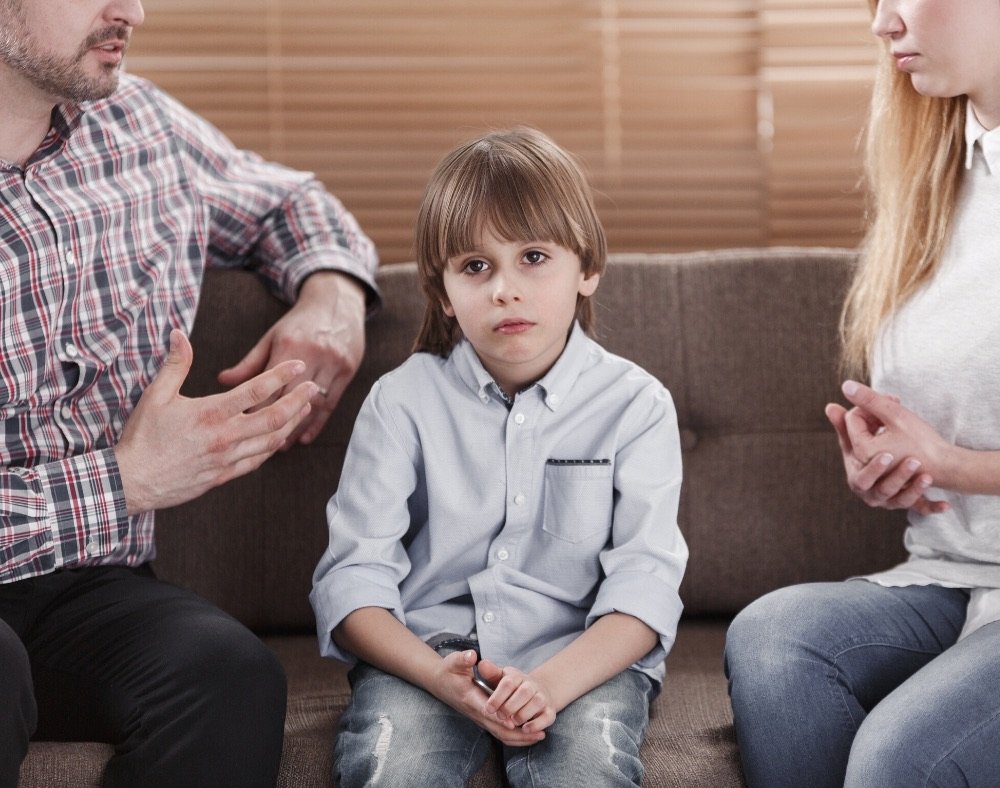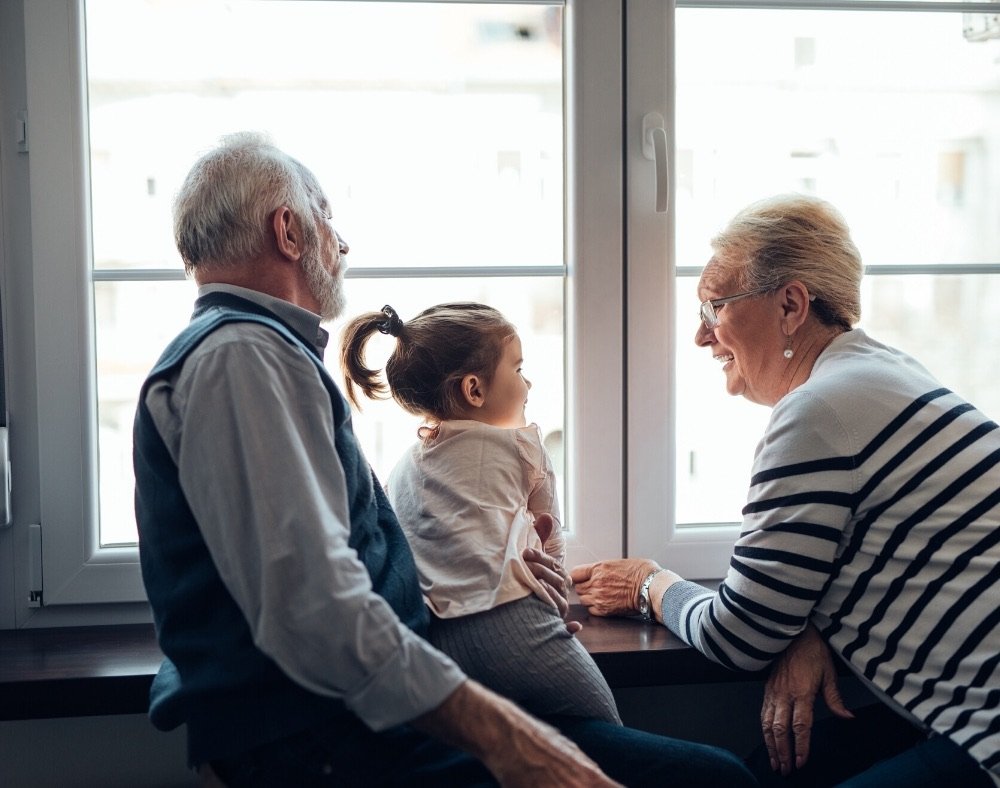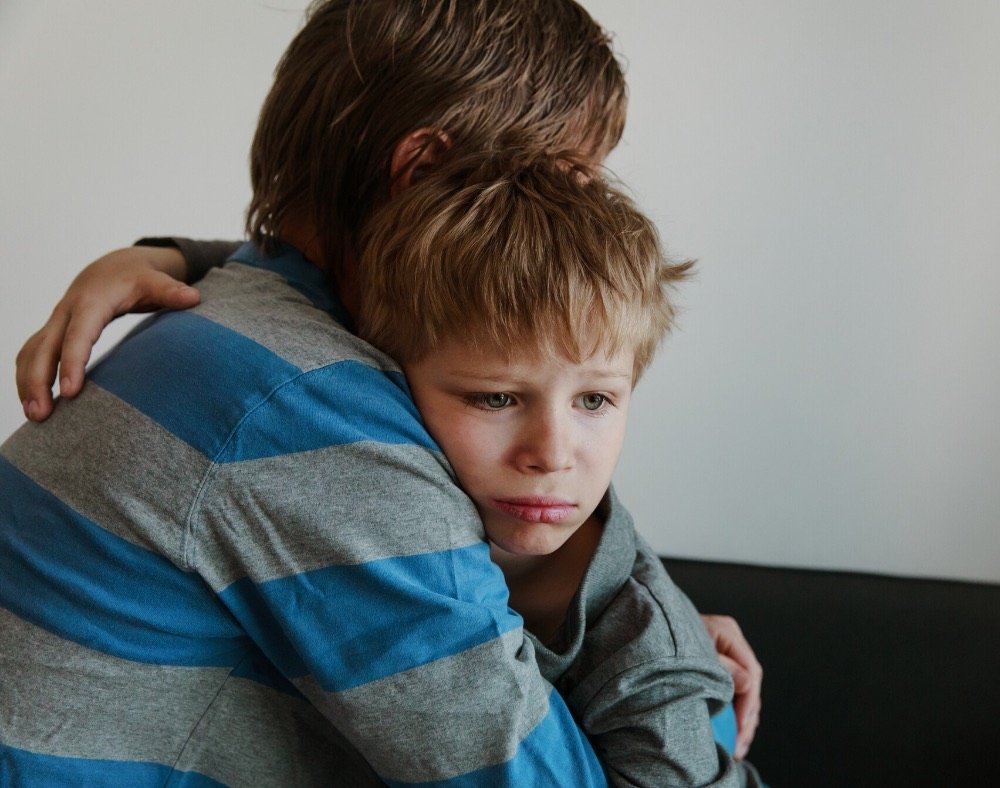When a loved one develops dementia, you may be tasked with the responsibility of explaining dementia to children.
While it may not be the easiest of tasks, it is important to let the young ones know what is happening in the lives of their grandparents, parents, or any other relative they are close to.
This is because the illness can bring about some challenges that may affect the kids.
If a child is not aware of what is going on, they can make a joke out of the disease, be frightened of their relative, or distance themselves thinking that the illness is contagious or their loved one does not want to spend quality time with them anymore.
Explaining Dementia to Children
It is, therefore, prudent that the little ones know about the illness as soon as possible.
If you are stuck on how to approach such a situation, you can use the practical tips below on how to talk about dementia to the youngsters.
Be Honest

Anyone who has the job of explaining dementia to children needs to understand that honesty is key.
You need to start having the conversation as soon as the ill person gets a positive dementia diagnosis.
Never lie to a kid that the person with dementia is just being silly or they are acting the way they are because of old age.
It is also crucial that you package this information in a way that the child will digest depending on their age.
If it is a grandmother who has the disease, sit them down and tell them that she has an illness that is hurting their memory and ability to do daily activities.
As you keep the conversation going, the child will most likely guide you on the direction to take.
Stick to age-appropriate and truthful answers as questions arise.
Talk about How They Can Get Involved

While talking about the illness, assure the young one that they can still have a relationship with the affected individual.
Let them know that the loved one is still a person despite their present condition.
Explain to them that while some things may change, they can still have some good times with the ill individual.
Have a list of things that they can still do with the person they love and how they can offer a hand.
Keep in mind that this needs to be an on-going conversation. This will allow you to make the necessary adjustments as the disease progresses.
Most importantly, the kids’ interactions with impaired individuals need to be supervised to make sure that everything stays in place.
Offer Guidance on Appropriate Behavior

As you go about the business of explaining dementia to children, you need to teach acceptance.
This is where you let the youngsters in on how to behave when they are around a person with dementia. This will generally be about practicing patience and acceptance.
Prepare the children for any angry outbursts that the persons with dementia may have from time to time.
Tell them not to take any mean comments or reactions to heart because it is the disease that makes their loved one act like that.
They should also know that if the affected person is always asking the same question, it is because the part of the brain that holds answers is not working well.
They should, therefore, not get tired of repeating themselves when need be.
Do not force the youngsters to spend time with the ill individual when they do not want to. Just continue talking about the illness in small doses.
Offering resources such as appropriate videos and books can also help them get a better understanding of the illness in a way that will make them change their mind.
Let The Children Know that The Disease is Not Contagious

Many people who have had a conversation about dementia with teens and younger kids report that most minors will not want to associate with the person with dementia because they are afraid they might catch it.
In such a case, you must emphasize that dementia is not a type of flu or any other infection that affected people pass around.
Tell them that it is okay to spend time with their loved one who has dementia at close range and they will not get the disease from being around the person.
If they are young they might be sad thinking that they did something to cause the disease. Comfort them and reassure them time and again that they are not to blame for what is going on.
Let the Young One’s Express Their Feelings

While you are explaining dementia to children, do not be the person who does all the talking. Allow the young one to express their feelings about the situation.
When you first have the conversation, they may not be as responsive as they soak in all the new information.
As time goes by, however, you can approach them to talk about their feelings and concerns.
You may also have to carefully observe the child because they can change their behavior after learning about their loved ones’ health condition.
Problems at home, school, or with friends may be a sign that they are upset.
When you feel like it is hard to reverse this errant behavior you can seek help from a social worker or a school counselor.
The professionals can help the kid to further understand the recent changes and teach them how to cope.
Stay connected (playing fun games)
Even though this may be a tough time for the child to comprehend the condition his loved one is going through, they can still stay connected.
And playing different games and activities is best for both.
Below, you can find some of the fun game ideas that a child can play with an older adult with dementia (and vice versa).
- Painting and drawing
- Gardening, planting or watering flowers
- Watching cartoons or movies
- Walking the dog
- Pottery
- Reading fairy tales and picture books
- Singing songs, listening to music
- Viewing old photos and albums (reminisce therapy)
- Memory games, dominoes, puzzles, stacking lego cubes
Granny Mary Thinks Differently
As mentioned earlier, books are an excellent way of getting your children familiar with dementia.
To make it even easier, we released an exclusive educational children’s eBook, “Granny Mary Thinks Differently,” which will help you interact with the little ones conveniently.
The book introduces dementia through seven-year-old Anna’s curiosity, who is sensing the mysterious change in her grandmother.
Closing Remarks
Many people will agree that explaining dementia to children can be quite difficult.
This is, however, something that needs to be done so that the young ones are not locked out of what is happening.
You can use the tips above to help you when conversing about dementia to the little ones. Keep in mind that this is not something you will do in one sitting and do away with it.
The communication lines need to stay open so that you can handle any concerns as they arise.
You should also expect new challenges as the disease progresses; thus, be prepared to help the child deal with the on-going changes.






